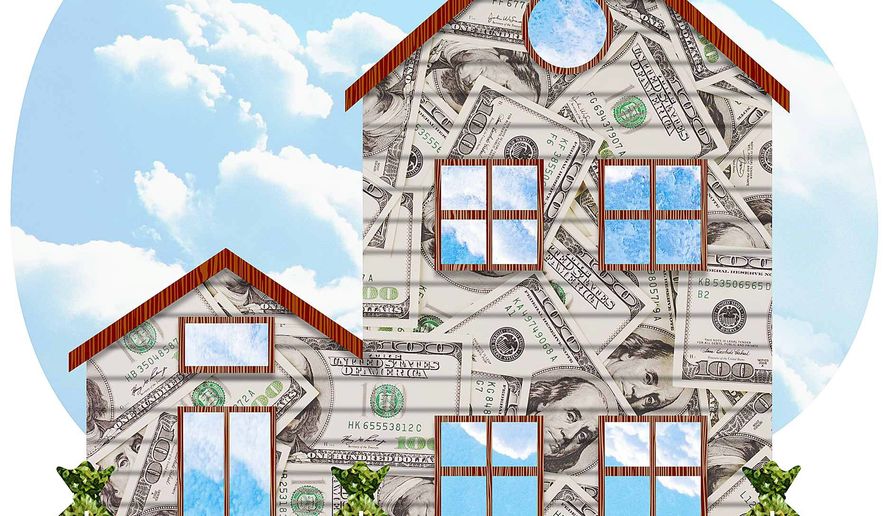OPINION:
Holiday party season is fast approaching and just as doctors are button-holed for free advice on all manner of ailments, economists — especially those who write for the newspapers — get cornered about the stock market and with complaints that millennials are reluctant to buy homes and slowing the market.
Houses are neither too expensive nor a bargain. Like most assets, it depends on what you own. For example, even with the recent stock market swoon, investors holding Amazon and Apple over the last five years are a lot better off than those who put faith in General Electric and IBM.
Average national home prices are up about 10 percent from their pre-financial crisis peak, and that’s roughly in line with inflation. However, attractive neighborhoods have boomed near the centers of thriving coastal cities and those interior hot spots like Denver and Dallas that are also hubs for the technology, financial services and oil and gas industries.
Millennials gravitate to those locales for jobs and cultural amenities. It’s a lot easier to leave work at 6 p.m., afford the tickets to see a Knicks game at Madison Square Garden and be up for work the next day living in Flat Iron in Manhattan than far out Commack on Long Island.
Millennials in those places find homes too pricey — especially considering their much larger student debt than was carried by their parents — and simply rent. Consequently, the home ownership rate for those ages 25 to 34 is about 19 percent lower than when their parents were the same age. It’s even lower for those choosing to live and work close to city centers.
A lot of the reasons offered, other than home prices and student debt loads, are specious. For example, married folks with children are more inclined to buy than rent, but millennials are postponing marriage, children and home ownership for common reasons.
A young single person earning $60,000, netting $40,000 after taxes and carrying a $60,000 student loan is a less attractive partner for marriage and less able to afford a first child than one who is debt free — especially in big cities where child care is so steep. And they are equally handicapped in the housing market.
The housing boom of the post-World War II era was based on cheap land and transportation, and tolerance to drive. Most of the inexpensive undeveloped land close to urban centers is long gone and prices for starter homes further away are deceptively low.
Gasoline may be inexpensive these days but driving 60 miles round trip instead of 30 is not. And Detroit automakers and their foreign rivals have powered their financial rebound by loading cars with hot new features, pushing bigger vehicles and jacking up prices.
Three-hour commutes require longer, more expensive stays at day care and after-school sitters for younger children, and leaving teenagers unsupervised until 7 p.m. And more reliance on handymen, house cleaners and lawn services as time for do-it-yourself becomes terribly scarce.
Homes a bit closer to center cities built in the closing decades of the 20th century are not as sturdy as those built earlier. Composite siding, windows constructed from mold-susceptible plantation pine and cheap furnaces often confront new buyers with big replacement bills during early years of ownership.
Far out starter homes, somewhat closer-in but not-so-well-built structures and residences more proximate to jobs but in poor school districts may carry more affordable sticker prices but won’t be appreciating a whole lot.
The logical solution is to increase housing density near city centers — even places like New York have neighborhoods with substantial yards and space for infill development and areas that could be cleared for high-rise condominiums. However, over the last two decades, baby boomers have persuaded city officials to throw up tougher land-use rules and building codes that limit development.
Millennials are more skittish than were their parents about taking the plunge — marriage, kids, houses — but that’s a rational response to land scarcity and childhood experiences. They are old enough to remember the financial crisis, anemic recovery, and parents or friends losing jobs and homes.
For them renting is a hedge. Perhaps not the best choice — homeownership in desirable neighborhoods is still the best way for ordinary folks to build wealth — but understandable if not the optimal solution.
• Peter Morici is an economist and business professor at the University of Maryland, and a national columnist.




Please read our comment policy before commenting.